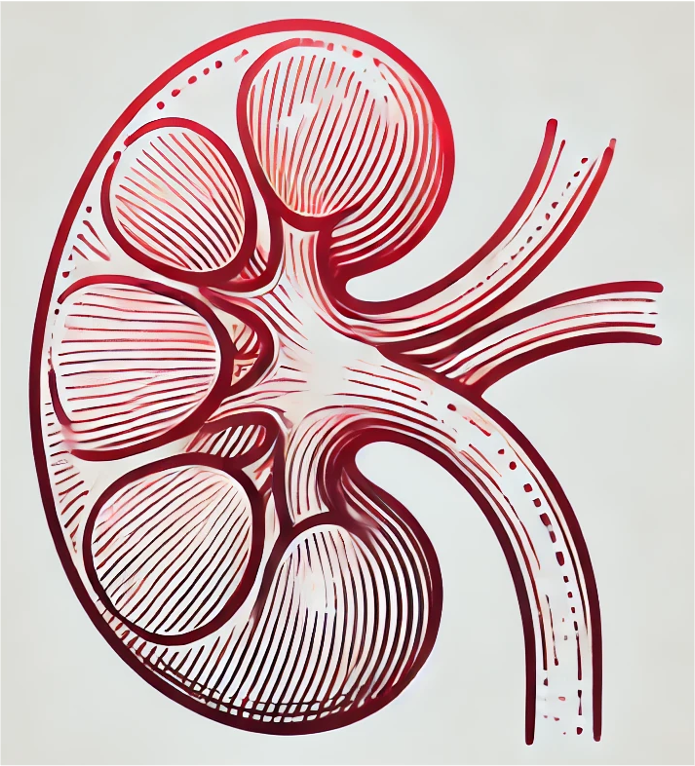Description
Acute kidney injury (AKI) is a common clinical condition associated with diverse etiologies and abrupt loss of renal function. In patients with sepsis, rhabdomyolysis, cancer, as well as cardiovascular disorders, the underlying disease or associated therapeutic interventions can cause hypoxic, cytotoxic, and inflammatory insults to renal tubular epithelial cells (RTECs) resulting in the onset of AKI. To uncover stress-responsive disease-modifying genes, here we have carried out renal transcriptome profiling in three distinct murine models of AKI. We find that Vgf nerve growth factor inducible gene upregulation is a common transcriptional stress response in RTECs to ischemia, cisplatin, and rhabdomyolysis-associated renal injury. The Vgf gene encodes a secretory peptide precursor protein that has critical neuro-endocrine functions; however, its role in the kidneys remains unknown. Our functional studies show that RTEC-specific Vgf gene ablation exacerbates ischemia, cisplatin, and rhabdomyolysis-associated AKI in vivo and cisplatin-induced RTEC cell death in vitro. Importantly, addback experiments showed that aggravation of cisplatin-induced renal injury caused by Vgf gene ablation is partly reversed by TLQP-21, a Vgf-derived peptide. Finally, in vitro and in vivo mechanistic studies showed that injury-induced Vgf upregulation in RTECs is driven by the transcriptional regulator Sox9. These findings identify Vgf as an essential stress-responsive gene and reveal a crucial molecular target of the Sox9 regulated transcriptional program that controls epithelial cell fate during AKI.
Overall Design
We isolated renal tissues from control (mock and vehicle, n=8), IRI (24 hours, n=4), rhabdomyolysis (24 hours, n=4), and cisplatin (72 hours, n=4) treated mice and then performed RNA sequencing (4-8 biological replicates).
Curator
xm_li
